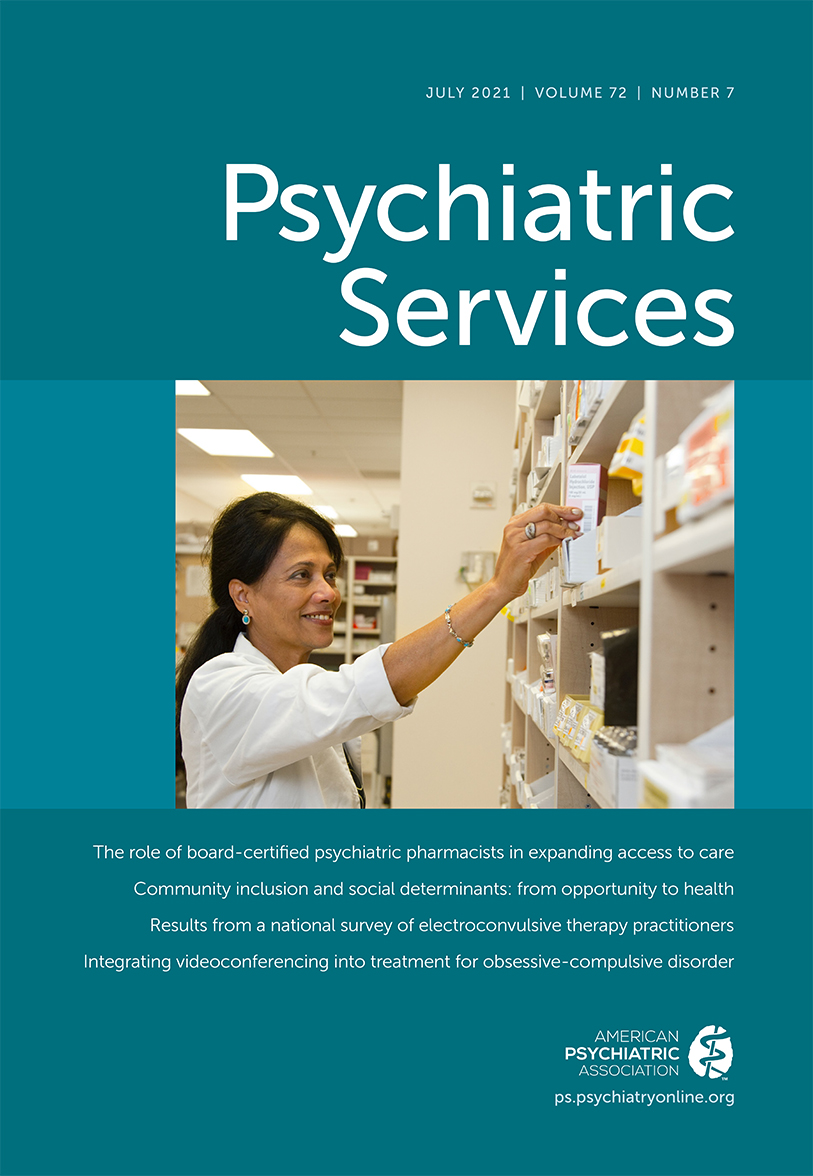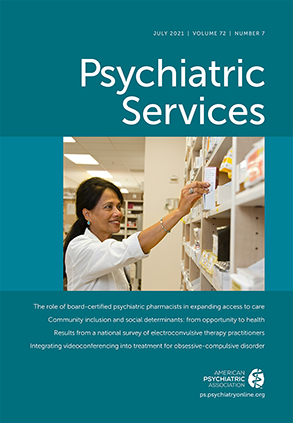On April 5, 2021, the final rules of the 21st Century Cures Act were implemented. With few exceptions, they mandate that all health organizations offer patients secure online access to clinical notes (“open notes”) that reside in electronic medical records. We reflect on the implications of the new rule for patients and clinicians.
Although benefits to patients’ having access to psychiatric notes have been documented, early studies involved patients’ access to hard copies they often reviewed in the presence of mental health professionals. Open notes offer patients rapid, real-time, and ongoing access via their digital devices, and in outpatient studies over the past decade, a broad range of patients have described positive and clinically important experiences with this new opportunity. For example, in a recent online survey of primary care, medical, surgical, and mental health practices at three large health systems offering open notes for 7 years, among 22,000 patients (response rate 22%) who had read at least one note, two-thirds reported feeling more in control of their care and better remembering their care plan (
1), 64% reported better understanding their medications, and 14% reported being more likely to take their medications as prescribed (
2).
Clinicians worry about possible harms, and in surveys, many psychiatrists anticipate that patients will become confused, get angry, or decompensate when reading their notes. However, experience challenges the assumption that mental health notes should remain segregated because these patients “cannot handle it.” In the past 6 years, practices in diverse U.S. settings have opened mental health notes electronically, including all Veterans Administration mental health programs such as inpatient psychiatry. Today, >25% of the more than 300 health systems offering open notes are also sharing mental health notes. Both anecdotally and in surveys, fears among clinicians have largely been unrealized, and we are not aware of any reports of harm to or legal action from patients accessing their mental health notes.
Multiple studies indicate that patients often misremember information conveyed during visits. Reading a note reminds, reinforces, and clarifies, and only a small minority of patients report feeling confused or anxious as a result of reading their mental health notes (
3). At an outpatient psychiatric center in Boston, participants who accessed their notes described understanding their mental health better, along with improved recall of their care plan (
3).
The relational effect of open notes may be its most striking asset, and this effect is most strongly observed in psychotherapy. Patients who access their psychotherapy notes report greater connection with their clinician when they see concordance between what was said in the session and what was documented in their visit note (
4). Many experience validation and increased trust and report feeling empowered by reading their notes (
5). On the other hand, some patients find clinician notes judgmental or disrespectful, especially if they perceive incongruities between what the clinician wrote in the notes and what was discussed in the session (
5).
How do mental health clinicians experience open notes? For starters, much of the work of primary care addresses mental health, including major mental illness, and numerous studies indicate that primary care clinicians have developed considerable comfort with such transparent communication. When we informally surveyed 59 health networks that had opened up their mental health notes for >3 years, respondents noted almost no perturbation in their practices. In surveys, psychiatrists also have reported overall that opening notes to patients results in minimal changes to workload or practice (
6).
Nevertheless, ambiguities and unknowns remain. Surveys have so far focused on a limited number of practices, and response biases may affect the findings. In addition, clinicians may choose to exclude individuals with serious mental illness. Evidence is lacking on whether increased anxiety, emotional harm, or even self-injury may accompany reading of open notes by patients with major mental illness.
Overall, it is useful to envision the new rules as HIPAA catching up with electronic documentation; clinicians need to realize that patients will be able to access virtually everything in their records with increasing ease. However, in systems that have adopted open notes over the past decade, practices generally did not “unblind” notes written before the practices began to offer electronic access. The new rules state only that clinicians should not block information, and debate is active within and among systems about what to do with notes written in the past.
Clinicians will be able to withhold access from patients they feel may be harmed substantially by reading notes. The rules specify that licensed health professionals can decide what constitutes a substantial risk when working “in the context of a current or prior clinician-patient relationship” (p. 702, Cures Act) (
7). In such cases, risk must reach a clinical threshold well beyond the patient simply being upset. What remains unknown is whether some patients are at greater risk for harm to themselves or others after reading their clinicians’ notes. Such patients might include those with homicidal or suicidal ideation or with specific diagnoses, such as personality disorders, substance use disorders, or psychosis. The rules imply that patients may reasonably be excluded on a case-by-case basis.
Private practitioners who do not offer secure platforms for patients to access notes or whose patients pay out of pocket will not need to follow the new rules. This raises important questions about health disparities. Research indicates, for example, that patients with lower incomes who read their notes report the greatest benefits (
1). On the other hand, should private practitioners choose to withhold access, higher-income patients may miss out on choosing to read their notes and on benefits that may accompany this practice.
In today’s medical records, clinicians are generally expected to document medication prescribing and monitoring; counseling start and stop times; modalities and frequency of treatment(s); results of clinical tests; and summaries of the diagnosis, functional status, treatment plan, symptoms, prognosis, and progress to date. Moreover, if the clinician is billing for covered services, health insurers require a mental illness diagnosis. Sharing psychotherapy notes will not be mandatory at this point, although the implications for third-party billing if these notes are withheld remain unclear. Given room for interpretation of the new rules, many health care systems may choose to open all mental health notes.
We believe that as they await clarification of ambiguities, clinicians should embrace the spirit of the law. Excluding mental health notes from disclosure while other notes are opened might contribute to feelings of stigmatization among patients with mental health problems. Patients who have experienced systemic health care disparities and inequities may wonder what is being hidden from them, and why.
Perhaps the most prudent way forward is to reconceive clinical notes as a new communication and therapeutic tool, one that “extends” the visit. Incorporating discussion about the notes into visits affords unique opportunities both to correct clinicians’ misunderstandings and to acquire more nuanced understanding of the patient’s emotions, beliefs, and perspectives on how treatment is progressing. Suggestions to do “homework” between sessions, such as reflecting on the last therapy note, documenting medication adherence, or formulating a single question to address, might be welcomed by many patients.
Open notes present new, asynchronous communication tools that can complement and enhance telemedicine and traditional visits. A fundamental goal of mental health care is to bring a voice to the voiceless. Opening notes affords tangible ways for patients to engage with clinicians, remember their guidance, and feel heard. This may be just what patients need and want.

